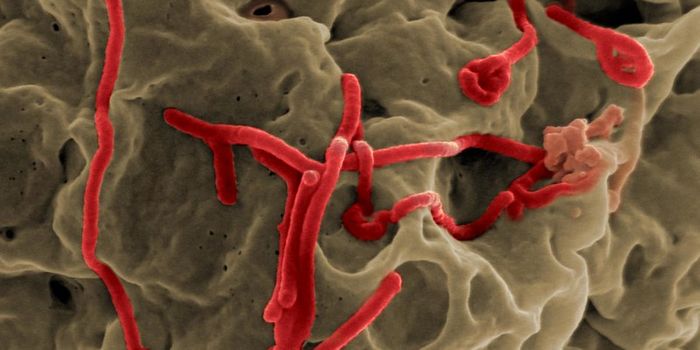A Good Mood on the day of Flu Shot Means Better Protection
Although a flu shot might not inspire joy, it seems that being in a good mood on the day of getting it can improve the protective action of the vaccine. The flu vaccine is far from perfect; it effectively shields a range of 70 to 90 percent of young people, but only 17 to 53 percent of older adults, from the flu. Researchers with the University of Nottingham wanted to know how mood might have been impacting how well the vaccine worked and found that indeed it does.
While several behavioral and psychological factors have been shown to influence the efficacy of vaccinations, for this work the scientists wanted to hone in on which ones were most important. Three times a week over six weeks, the investigators assessed positive and negative mood, diet, physical activity and sleep in 138 older people that were set for flu vaccinations. The effectiveness of the vaccine was checked by determining the level of influenza antibody in the blood of each person, four and 16 weeks after they had been vaccinated.
It was found that positive mood was the only factor that could predict how well the shot worked. Good mood was linked to a higher level of antibody. The research was reported in Brain, Behavior, and Immunity and is described in the video.
“Vaccinations are an incredibly effective way of reducing the likelihood of catching infectious diseases. But their Achilles heel is that their ability to protect against disease is affected by how well an individual’s immune system works. So people with less effective immune systems, such as the elderly, may find vaccines don’t work as well for them as they do in the young,” said Professor Kavita Vedhara, of the University’s Division of Primary Care.
“We have known for many years that a number of psychological and behavioral factors such as stress, physical activity and diet influence how well the immune system works and these factors have also been shown to influence how well vaccines protect against disease.”
The vaccination in this study was unusual, however. For the first time in many years, the vaccine was the same one that had been given to the patients the year before. That meant that the participants were already shielded from two of three seasonal flu viruses before receiving the vaccine. As such, the researchers focused their assessment on the one strain for which the participants did not have prior immunity.
While the researchers commented that their approach of focusing on specific viral strain is not unusual, future research is likely to be improved, they acknowledged, by working with a new viral strain to confirm the effect that positive mood has on vaccination.
Sources: Science Daily via University of Nottingham, Brain, Behavior, and Immunity









